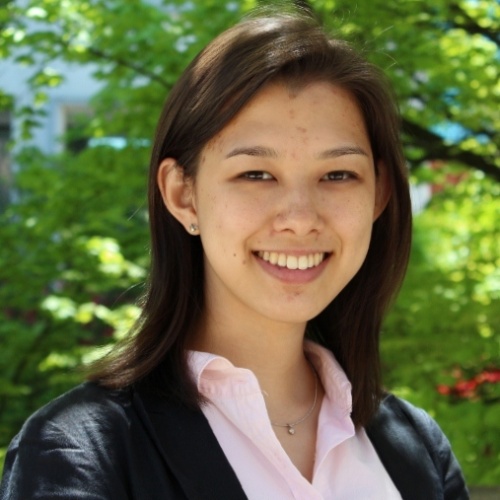Three years of DACA: Changing lives of young people in the South

An activist marches at the May Day March for Immigration Reform in Washington D.C. in 2010. Such efforts helped bring about the 2012 Deferred Action for Childhood Arrivals program, benefiting thousands of young immigrants in the South. (Photo by Justin Valas via Flickr.)
As the country marks the third anniversary of Deferred Action for Childhood Arrivals (DACA), President Obama's administrative relief program for undocumented immigrants, stories abound of how it has enabled young people to come out of the shadows and lead fuller lives.
Many of these young undocumented immigrants, often referred to as DREAMers for their activism around the Development, Relief and Education for Alien Minors (DREAM) Act, have grown up in the U.S. and are now able to access higher education, driver's licenses, better jobs, health care and more.
"Thanks to DACA, I can go to college and be anything I want," said Nadia Rivera, an 18-year old in Memphis, Tennessee who came to the U.S. at the age of 4. She is about to graduate from high school and plans to attend college in the fall. Through DACA, she has been able to get a driver's license and a job that will help her save for school. Her story, along with many others, was captured in a recent report by the National Council of La Raza.
"I would love to be a history teacher," Rivera said, "because history has helped me understand who I am."
In the South, DACA participation numbers vary widely by state, according to recent numbers from U.S. Citizenship and Immigration Services. Texas, which has long been an immigrant hub, has the largest number of DACA-approved immigrants in the region with just over 150,000 approved applications over the past three years. Although numbers fall drastically from there, states like North Carolina and Georgia that have emerged as new immigrant magnets have the seventh and eighth largest numbers of DACA approvals in the country.
This interactive map shows DACA-eligible and -approved numbers in the South by state:
While the 2012 DACA program has increased opportunities for many young immigrants, President Obama's new, expanded DACA program as well as the Deferred Action for Parents of Americans and Legal Permanent Residents (DAPA) program remain stalled in the courts. The Migration Policy Institute estimates that 4 million immigrants could be eligible for relief through these new and expanded programs, including 1.2 million in the South.
DACA recipients like Raymond Partolan, a 21-year-old student at Mercer University in Georgia who came to the U.S. from the Philippines when he was 1, know there is more that needs to be done to fix the immigration system. Partolan is using the opportunities afforded him through administrative relief to work towards broader, more durable solutions to the challenges facing the nation's immigrants.
"DACA has, first and foremost, allowed me to become more confident in my ability to speak for tens of thousands of undocumented youth who need our lawmakers to enact fair and just immigration policies," he told Asian Americans Advancing Justice. "Since I was approved for the program, I have advocated, tirelessly, for the importance of access to higher education for undocumented students, and for immigration reform as a whole."
Tags
Allie Yee
Allie is a research fellow at the Institute for Southern Studies and is currently studying at the Yale School of Management. Her research focuses on demographic change, immigration, voting and civic engagement.
